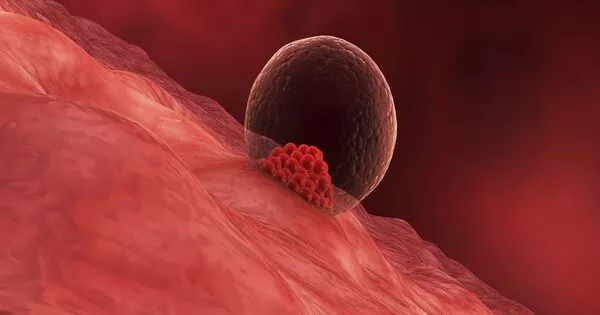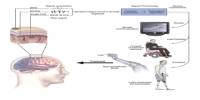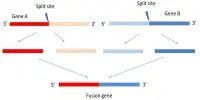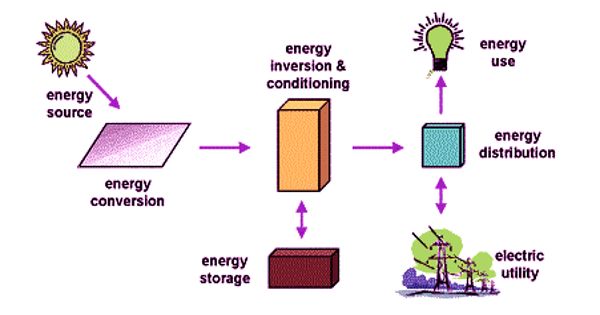Fetal tissue implantation is the transplantation of fetal tissues or cells into another organism, usually for therapeutic purposes. It is also known as fetal cell therapy, and it is an experimental medical therapy in which researchers implant tissue from a fetus into a person to treat a disease. It is hoped that in the case of Parkinson’s disease, the fetal tissue will produce chemicals, specifically dopamine, which is lacking in the diseased brain.
This concept has been the subject of scientific investigation and medical investigation, raising ethical, legal, and social concerns. This therapy is also being researched for the treatment of Alzheimer’s and Huntington’s diseases. Fetal tissue is distinct in that it grows quickly and is less likely to be rejected by the host’s immune system than adult cells.
Uses
Seven people in Santa Clara County, California, were diagnosed with Parkinsonism in 1982 after consuming MPPP contaminated with MPTP. Two of the seven patients were successfully treated with fetal tissue neural grafts at Lund University Hospital in Sweden in 1992. One essentially paralyzed patient regained enough motor function to ride a bicycle.
Fetal tissue research has been conducted to investigate its potential use in treating a variety of medical conditions. Fetal tissues are valuable because they have unique characteristics, such as the ability to differentiate into various cell types. However, due to ethical concerns, particularly regarding the source of the tissue, the use of fetal tissue in research and medical applications has been controversial.
Fetal tissue has traditionally been used in research to study development, cell biology, and a variety of medical conditions. The use of fetal tissue, on the other hand, has become a contentious issue, particularly in the context of abortion politics and debates over the moral and ethical implications of using tissues from aborted fetuses.
















